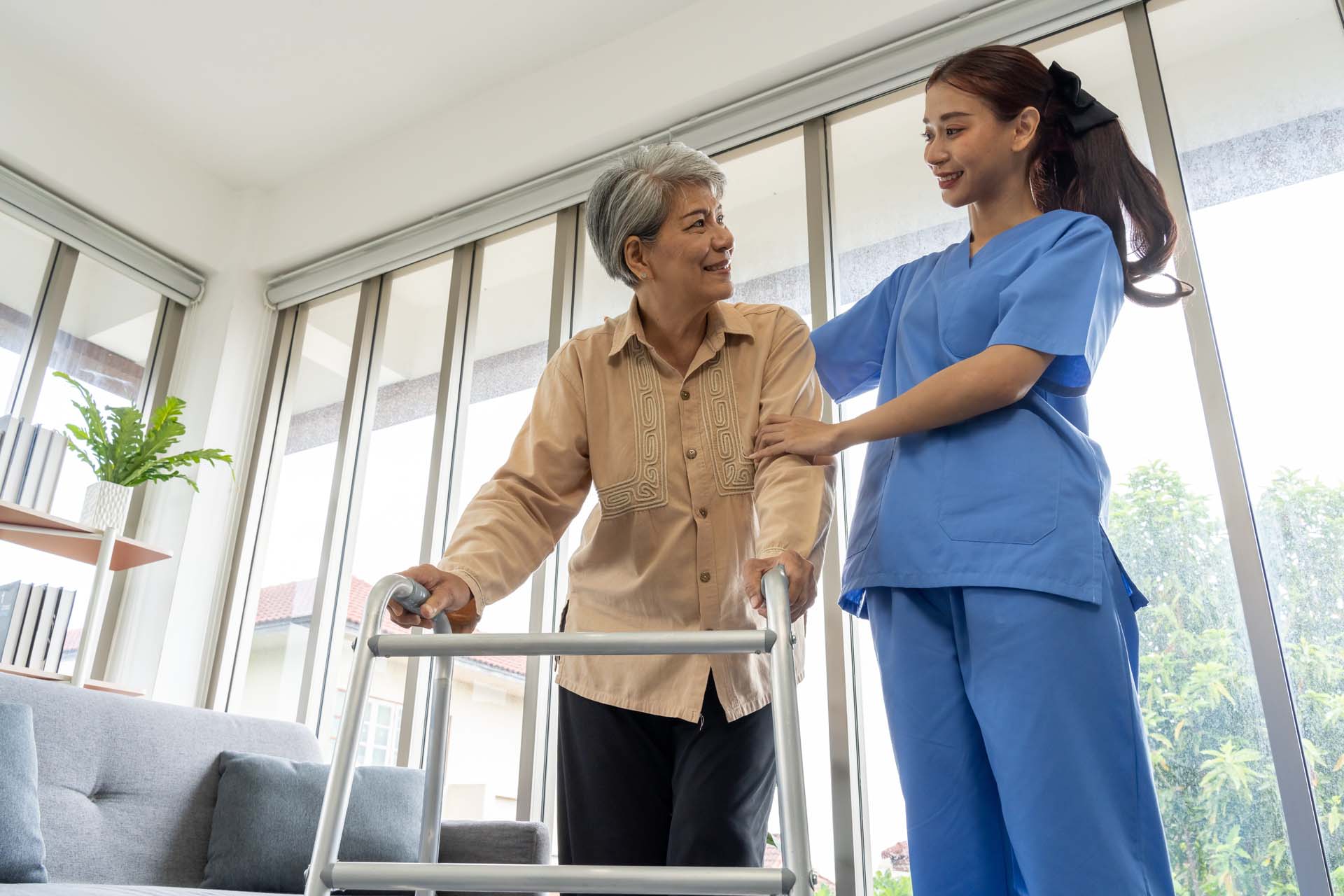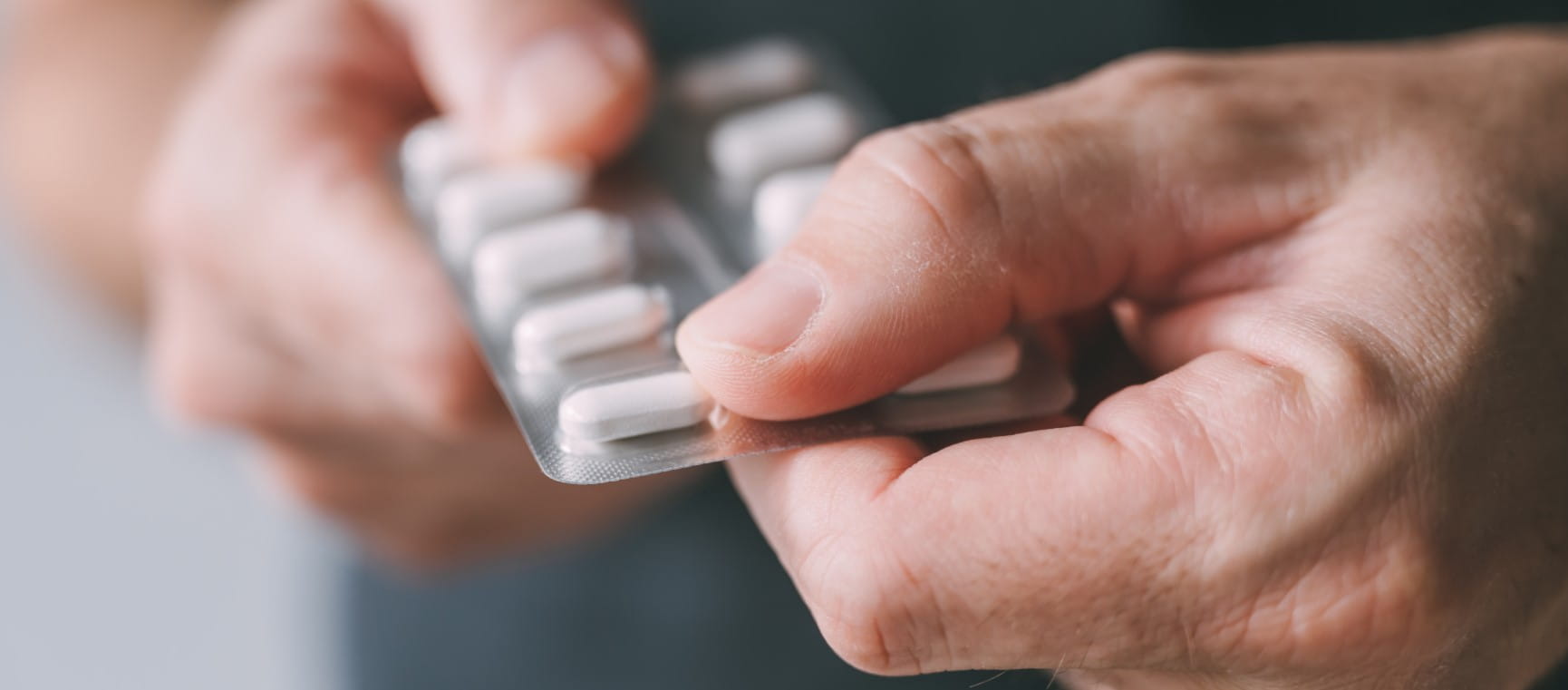
When Angela Coombes passed her 70th birthday the invitations for routine mammograms stopped. She’d first had breast cancer at 58, which led to a mastectomy.
“I knew that breast cancer can return many years later, and two years ago I thought it was time for a check-up,” says Angela, 75, a retired payroll manager, who lives in Bridgwater, Somerset, with her husband Terry, 76.
“Luckily, I was aware that although routine mammogram screening stops at 70, you can still request one. I checked my breasts regularly, but I know you don’t always have a lump or anything obvious.”
Angela’s mammogram showed up a small lump in her remaining breast.
“It was obviously upsetting and a bit of a shock,” she recalls. “But I was relieved it had been caught early. I had a lumpectomy then a week of radiotherapy, and it was all done and dusted. I couldn’t fault the treatment.
“I consider myself one of the lucky ones – I had no symptoms but if I hadn’t requested that mammogram things could have been really different for me.”
Sadly, not all older women fare as well. One in three (35%) breast cancer cases are in women aged 70 and above – around 19,300 women a year – and half of all breast cancer deaths are in this age group.
Some disparities in survival rates are due to age and greater chances of having other medical conditions that affect life expectancy. However, even after this is taken into account, there is still a gap, according to Lynda Wyld, professor of surgical oncology at the University of Sheffield.
“Comparing women under 65 with women over 75 there is a 60% increase in the risk of dying from breast cancer,” she says. “This is due to the cancer being diagnosed later due to lack of screening and lower breast awareness, and less complete treatment – less surgery, chemotherapy and radiotherapy and so on.”
The NHS Breast Cancer Screening Programme offers routine appointments every three years from 50 (earlier in some pilot areas) but stops after your 70th birthday, although women of 71 and over can still ask their local breast clinic every three years.
This is a contentious issue; there are arguments both ways. Prof Wyld believes lack of routine screening is one of the main reasons older women don’t fare as well as younger ones.
“Screening means we can pick up cancers half the size of when women present with symptoms.”
Prof Wyld was chief investigator of the Bridging the Age Gap trial, addressing disparities in treatment in older women. She says research shows women still benefit from screening up to the age of 80 – but it becomes more costly for the NHS.
“Most of the randomised trial evidence for the benefits of screening only included women under the age of 70, so we have little evidence to support its continued use, although this lack of evidence is not the same as a lack of benefit,” she adds.
However, research from Yale University in the US published in the Annals of Medicine last year, found that while breast cancer screening for women over 70 resulted in more cases being picked up than in a control group who weren’t screened, there was no reduction in cancer specific deaths associated with screening.

Claire Rowney, chief executive of the charity Breast Cancer Now, believes there is currently insufficient evidence that the benefits of screening outweigh risks for women aged 71 or over.
“For these women there’s a greater chance they will be diagnosed and treated for a breast cancer that wouldn’t have gone on to cause harm in their lifetime,” she says.
However, this may change if the results of a current UK trial offering screening to women up to age 73 – due to report in 2026 – finds benefits.
Salena Bains, consultant oncoplastic breast surgeon at Birmingham’s HCA The Harborne Hospital, says over 70s with breast cancer have lower chances of survival partly because they see doctors at a later stage, but also because there may be some physician bias.
“Research has shown those in their 70s and 80s may be undertreated as doctors make judgements about their life expectancy and physical frailty.”
“If they have conditions such as heart disease that also may affect what treatments they get,” she says.
Prof Wyld says while lack of treatment may be appropriate as some older women may not be well enough to tolerate it, there’s evidence of a high degree of variability between UK breast units.
“This suggests that guidelines may need strengthening,” she adds.
Dr Liz O’Riordan, a retired breast surgeon who has been treated for breast cancer twice and hosts the podcast So Now I’ve Got Breast Cancer, says attitudes have changed.
“Ten years ago, a lot of teams were quite ageist, assuming that if someone was 70, they weren’t fit enough for reconstruction or chemotherapy,” she says. “But we’re not like that any more. We take into account their biological age and how fit they are.”
A study by Prof Wyld at Sheffield University of 2,979 women with oestrogen hormone positive breast cancer, published in the European Journal of Cancer in 2021, found the majority of older women could tolerate surgery.
“For most women, surgery should be the aim of treatment, if possible, as we have shown surgery is generally well tolerated and survival rates are slightly lower in women who do not have surgery,” she says.
“However, when we looked at the two treatments (surgery and hormone tablets versus just hormone tablets) in a less fit group of older women, these differences in breast cancer survival disappeared. In addition, their quality of life and their ability to engage in everyday activities deteriorated more after surgery than for women who just had hormone tablets.”
Experts believe one of the reasons older women’s breast cancers are picked up later is a lack of awareness.
“I’ve heard my patients in this age group express surprise that they can get breast cancer at their age,” adds Bains. “We have to counter this myth.”

Angie Rogers, 63, a retired PA from Shipston-on-Stour, Warwickshire, was diagnosed three years ago.
“One day I noticed a flat ‘plateau’ area on my right breast in the upper outer quadrant. It didn’t seem right, but I thought I must’ve pulled a muscle.
“When it didn’t go away, I saw my GP. She couldn’t feel a lump either but went with my gut instinct and referred me to a breast clinic. The specialist found a lump in the flat area.
“After the biopsy and ultrasound they asked me to bring my husband Kev with me to the next appointment, so I knew it must be cancer.
“I was diagnosed with a ductal carcinoma in situ [where cells lining the milk ducts turn malignant]. It was early stage 2 and hormone sensitive, which I knew had high cure rates.
“From that moment on I just wanted it gone. I felt like I was carrying a terrible foreign body in my chest and I desperately wanted it removed. I had a lumpectomy, my lymph nodes were checked but were thankfully clear and I had five radiotherapy sessions.
“I’m now taking letrozole – to reduce the chances of hormone sensitive breast cancer recurring – and am having yearly mammograms.
“I know breast cancer can come back so I have a routine of giving myself a thorough check every Sunday. I still want to be having regular mammograms past 70.”
Two thirds of breast cancers are found when women detect a new or unusual breast change, so checking your breasts regularly is vital.
Here’s what to look out for:
For more information about breast cancer and what to look for, visit the Breast Cancer Now website.

Every issue of Saga Magazine is packed with inspirational real-life stories, exclusive celebrity interviews, brain-teasing puzzles and travel inspiration. Plus, expert advice on everything from health and finance to home improvements, to help you enjoy life to the full.
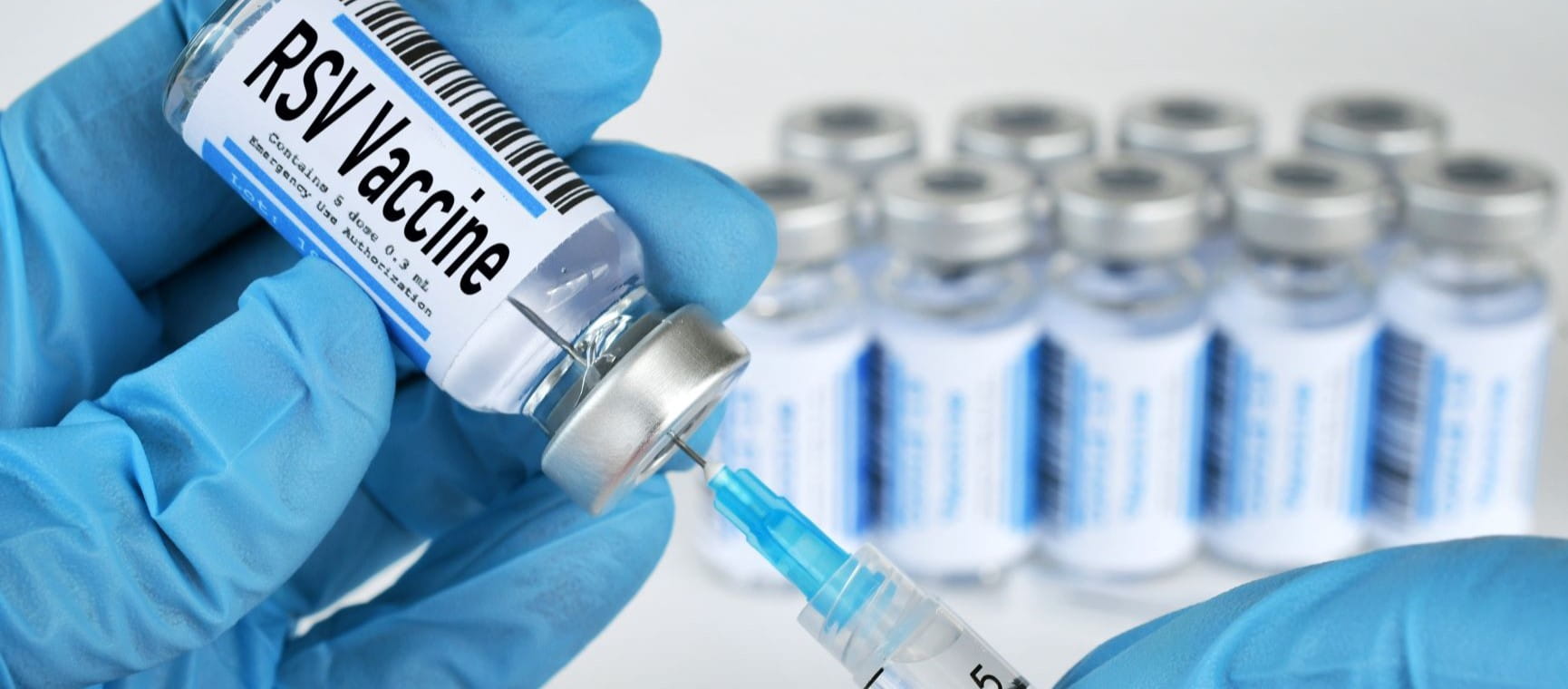

Facial weakness, a sudden headache and dizziness can all be signs of a stroke, we've got the facts from an expert.
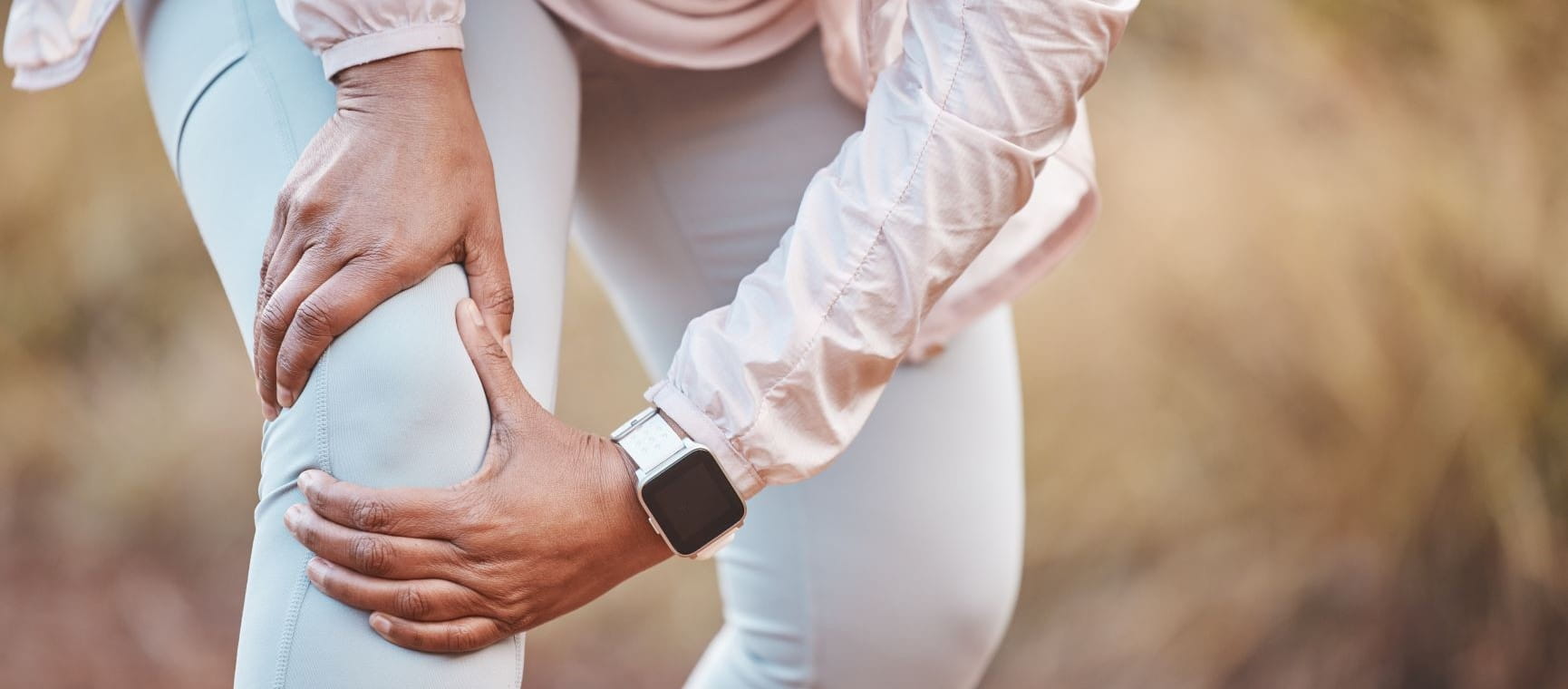
Knee pain is more common as we age: to help we've got the best advice from 3 leading experts with easy ways to make a difference.
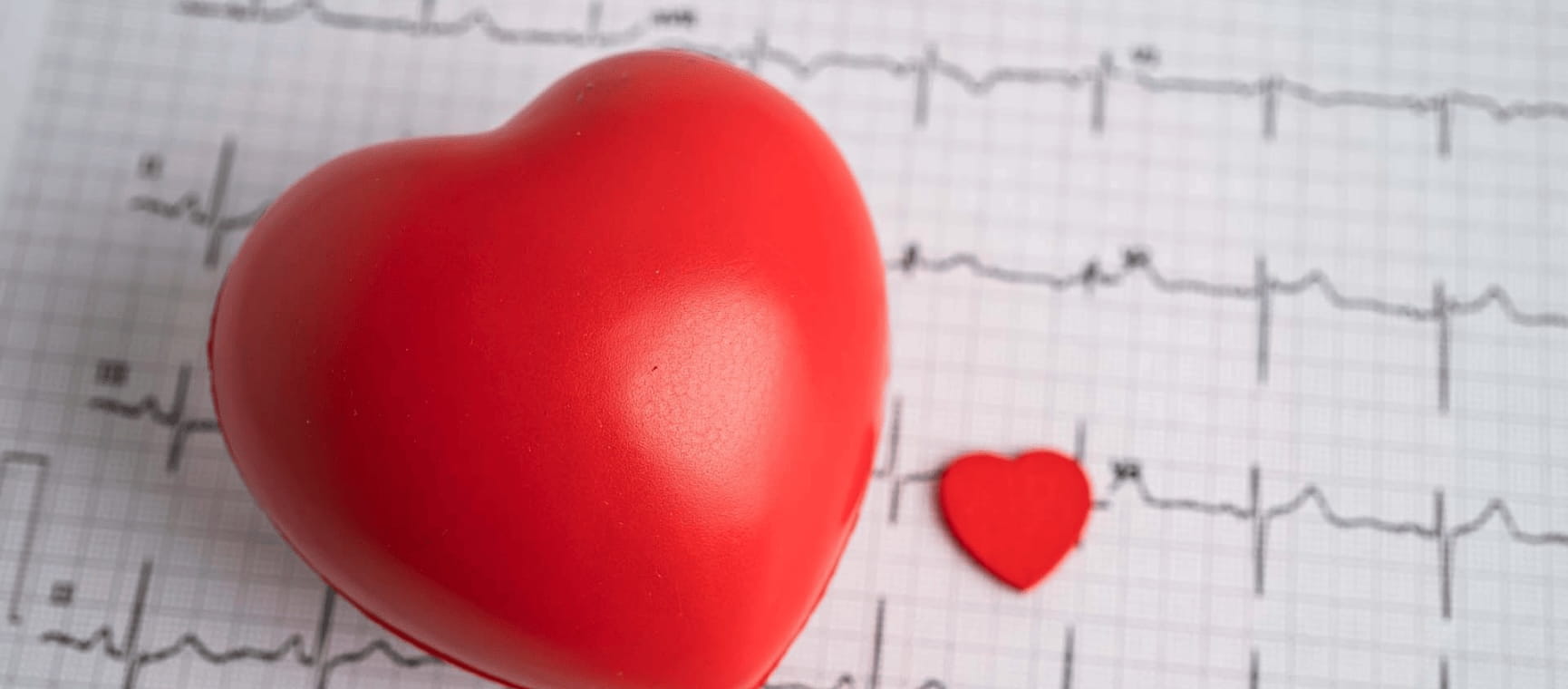
Do you know the symptoms of a heart attack? Here’s what to look out for, and how to prevent one.
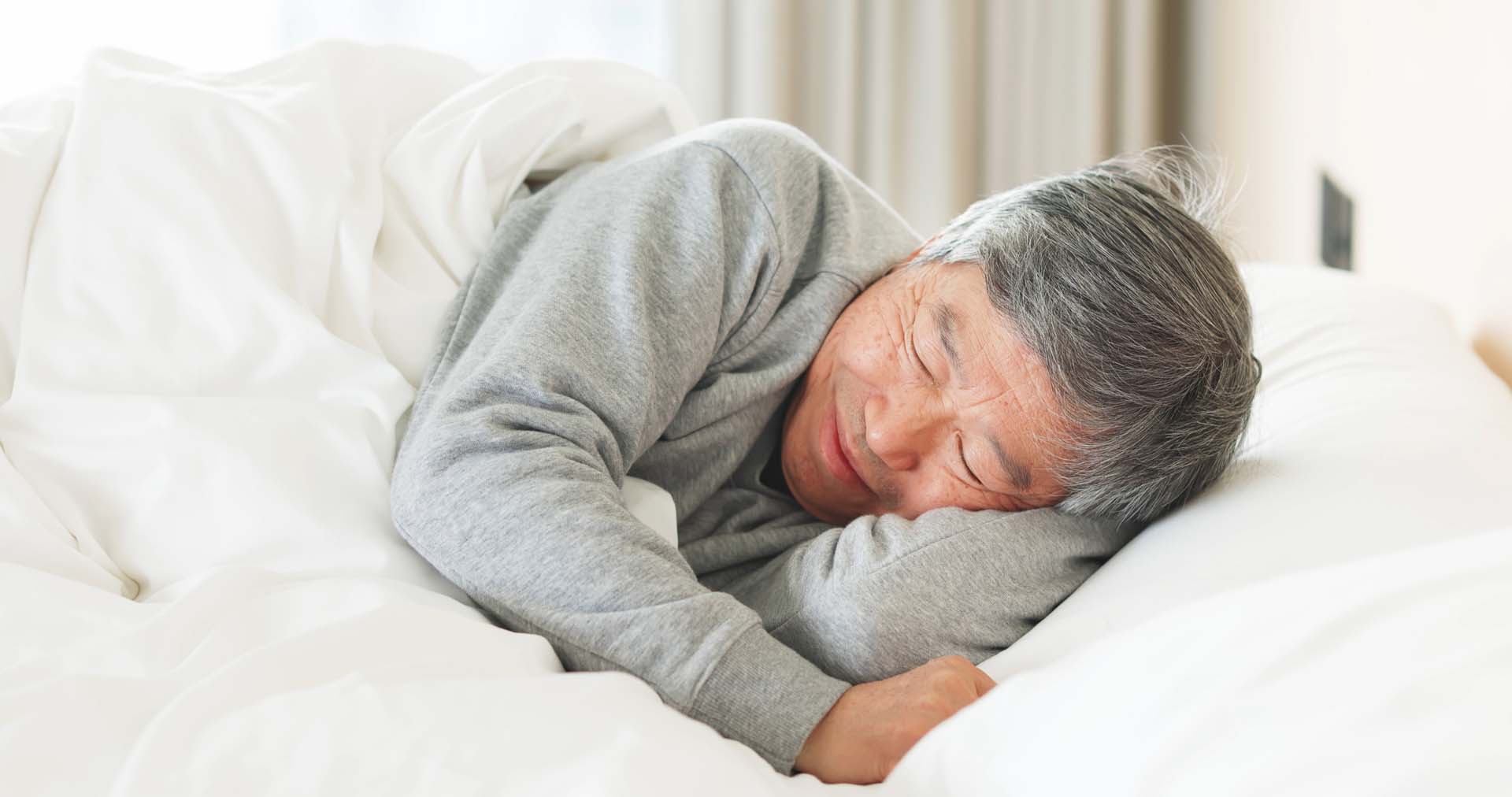
Front, back or side? Which sleeping position is best for you as you get older, and which ones you should avoid
